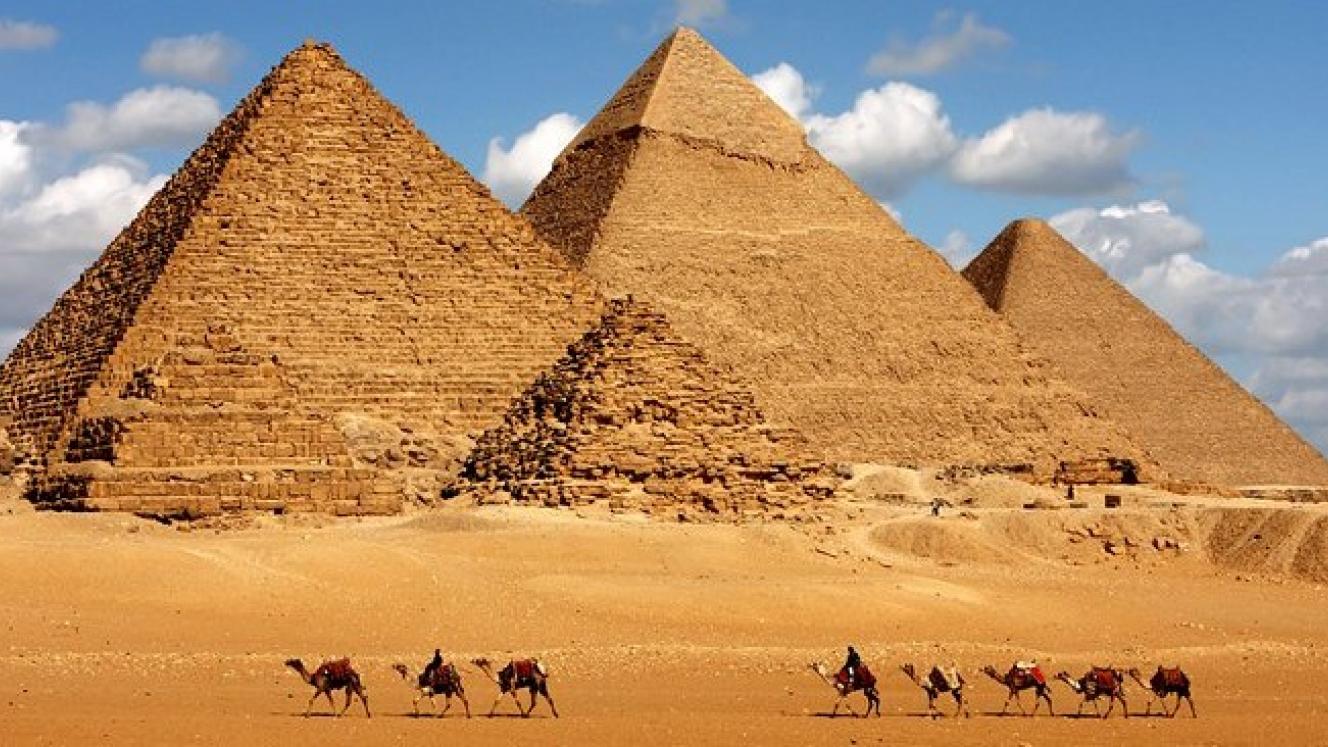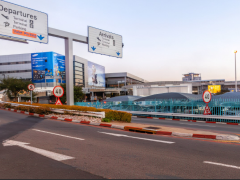A new US$51 million (R945 million) electric bus and entrance system launched at the Pyramids of Giza to ease tourist congestion has sparked protests from animal-ride vendors.
The initiative, developed by the Egyptian Ministry of Tourism and Antiquities, the Supreme Council of Antiquities, and Orascom Pyramids Entertainment, includes 45 electric buses and seven designated access points to better manage tourist flow. One of the entrances has been allocated specifically to vendors offering animal rides. The initiative also includes the restoration of several tombs, the launch of a new visitor centre, and the introduction of an online ticketing system.
On the first trial day for the new system, April 7, the buses transported almost 13 800 tourists and, on the second day, they transported 14 000 tourists.
However, not all stakeholders are happy with the new system. Vendors who provide camel and horse rides at the pyramids are protesting, claiming the designated vendor entrance limits their visibility and access to tourists.
Following the protests, Orascom Pyramids Entertainment Projects Company published a statement saying that all vendors who refused to move back to their assigned entrance would be banned from operating at the pyramid complex.
Animal rights group People for the Ethical Treatment of Animals (PETA), which is working with the Ministry to reform animal tourism practices at the site, has endorsed the plan. In a statement issued on April 17, PETA confirmed its support for the designated animal tour vendor area, saying it was a step towards reducing cruelty.













